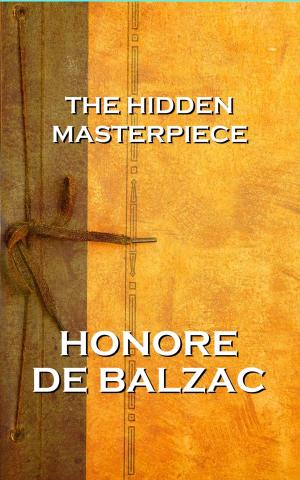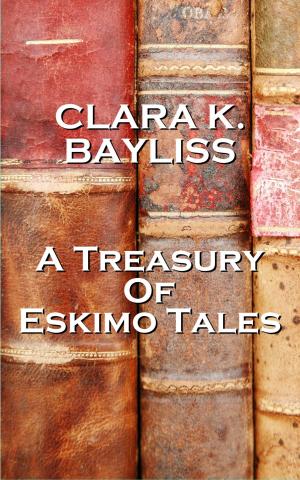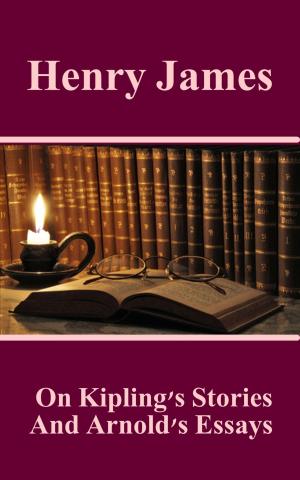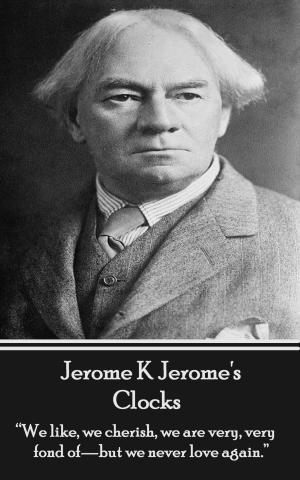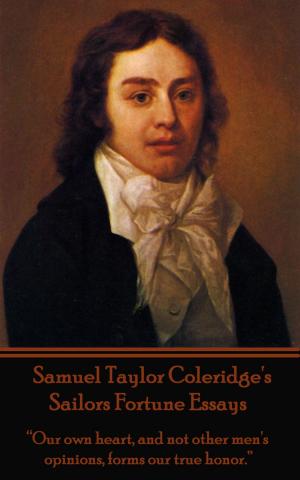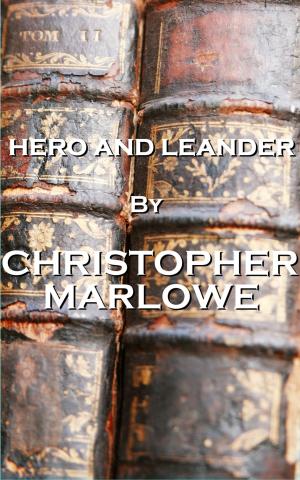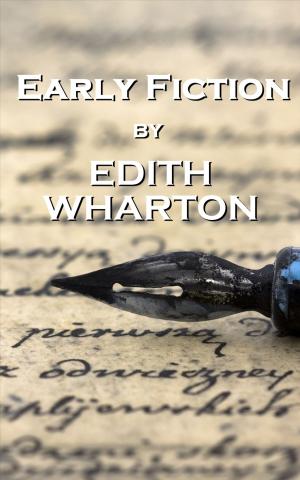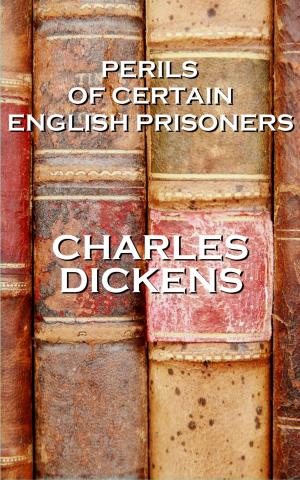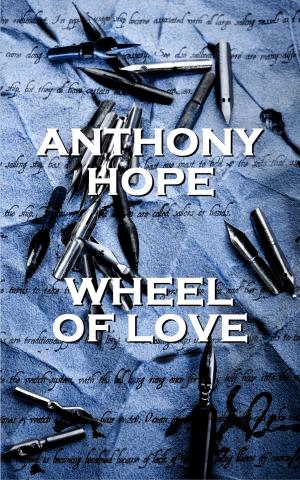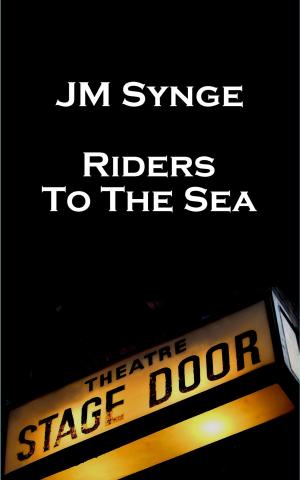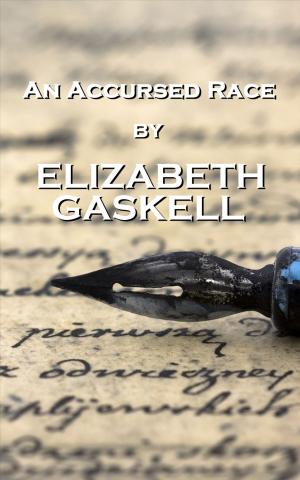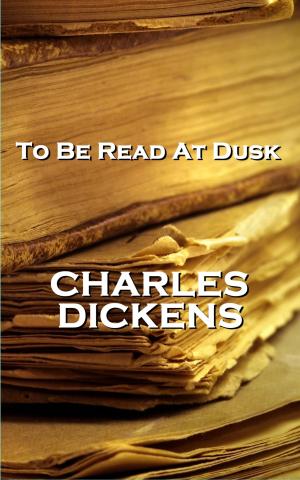Arrowsmith
"There was much conversation, most of which sounded like the rest of it."
Fiction & Literature, Classics| Author: | Sinclair Lewis | ISBN: | 9781780008929 |
| Publisher: | A Word To The Wise | Publication: | October 12, 2013 |
| Imprint: | Deadtree Publishing | Language: | English |
| Author: | Sinclair Lewis |
| ISBN: | 9781780008929 |
| Publisher: | A Word To The Wise |
| Publication: | October 12, 2013 |
| Imprint: | Deadtree Publishing |
| Language: | English |
Harry Sinclair Lewis (7th February, 1885 10th January, 1951) was the first American to win the Nobel Prize for Literature in 1930 "for his vigorous and graphic art of description and his ability to create, with wit and humour, new types of characters." Whilst an accurate description of his writing it misses the tone and central theme of his work which is clearer from his own words in accepting the Prize: “America is the most contradictory, the most depressing, the most stirring, of any land in the world today” and on American literary establishment: "Our American professors like their literature clear and cold and pure and very dead." Lewis was no stranger to literary prizes as Arrowsmith, regarded as his best novel, won the 1926 Pullitzer Prize. More unusually, he refused to accept the Prize stating that the criteria to represent the highest standard of “the wholesome atmosphere of American Life” was meaningless. As Arrowsmith was a social commentary on the contemporary state of medicine and as Lewis was a satirist of modern America the Prize was not welcome. Although the protagonist is a scientific researcher another main character is a small town doctor as Lewiss father had been. The book describes many aspects of medical training and practise, scientific research that benefits mankind, ethics, integrity, dedication, selfless devotion to the care of patients as well as greed, self deception, stupidity, and the attraction for power, wealth, security and recognition. It has inspired generations of med students round the world and a 1931 Hollywood movie directed by John Ford and nominated for four Oscars. However, it is widely agreed that the original work contained here is the best way to sample the author that many claim has had a greater impact on modern American life than Hemingway, Fitzgerald or Faulkner
Harry Sinclair Lewis (7th February, 1885 10th January, 1951) was the first American to win the Nobel Prize for Literature in 1930 "for his vigorous and graphic art of description and his ability to create, with wit and humour, new types of characters." Whilst an accurate description of his writing it misses the tone and central theme of his work which is clearer from his own words in accepting the Prize: “America is the most contradictory, the most depressing, the most stirring, of any land in the world today” and on American literary establishment: "Our American professors like their literature clear and cold and pure and very dead." Lewis was no stranger to literary prizes as Arrowsmith, regarded as his best novel, won the 1926 Pullitzer Prize. More unusually, he refused to accept the Prize stating that the criteria to represent the highest standard of “the wholesome atmosphere of American Life” was meaningless. As Arrowsmith was a social commentary on the contemporary state of medicine and as Lewis was a satirist of modern America the Prize was not welcome. Although the protagonist is a scientific researcher another main character is a small town doctor as Lewiss father had been. The book describes many aspects of medical training and practise, scientific research that benefits mankind, ethics, integrity, dedication, selfless devotion to the care of patients as well as greed, self deception, stupidity, and the attraction for power, wealth, security and recognition. It has inspired generations of med students round the world and a 1931 Hollywood movie directed by John Ford and nominated for four Oscars. However, it is widely agreed that the original work contained here is the best way to sample the author that many claim has had a greater impact on modern American life than Hemingway, Fitzgerald or Faulkner


